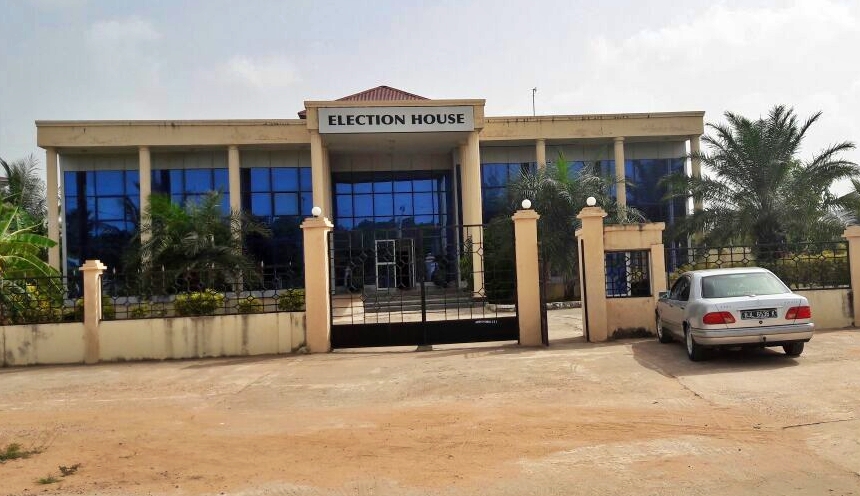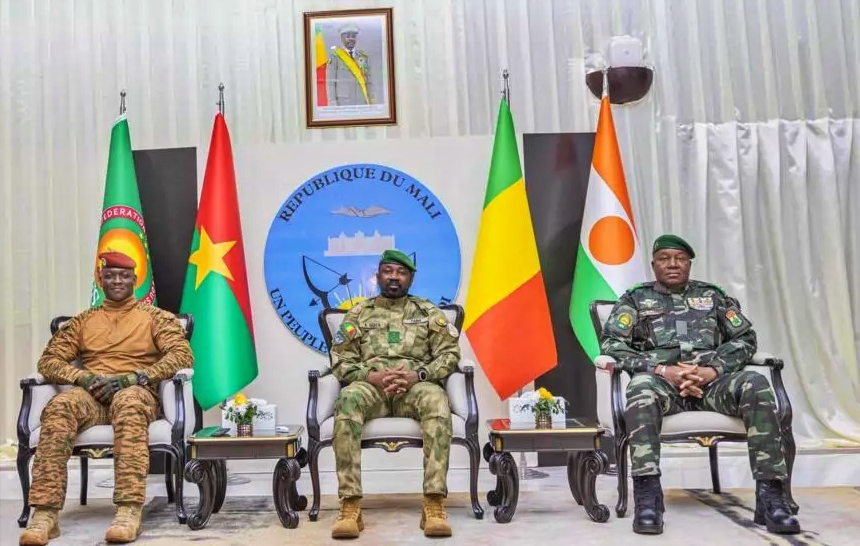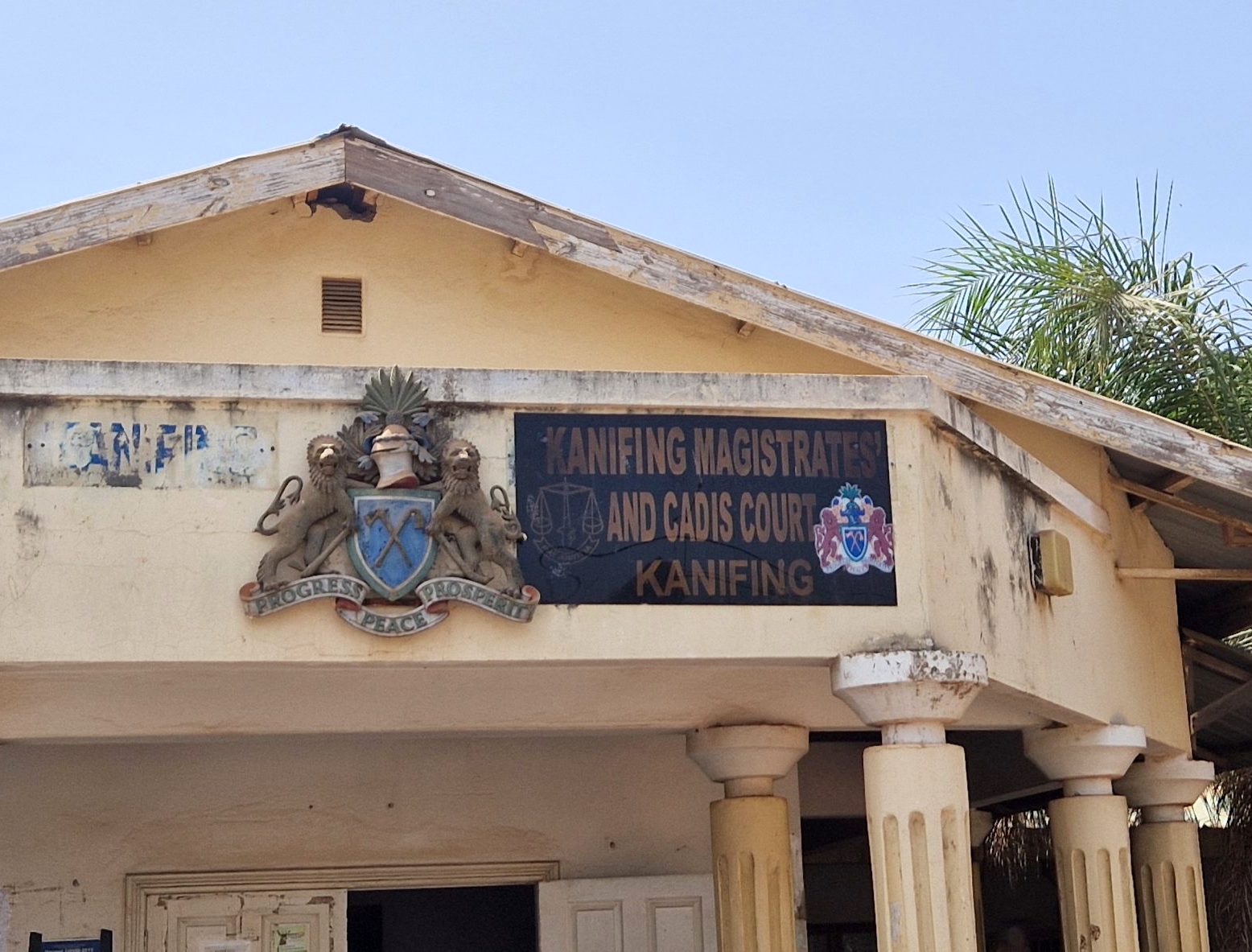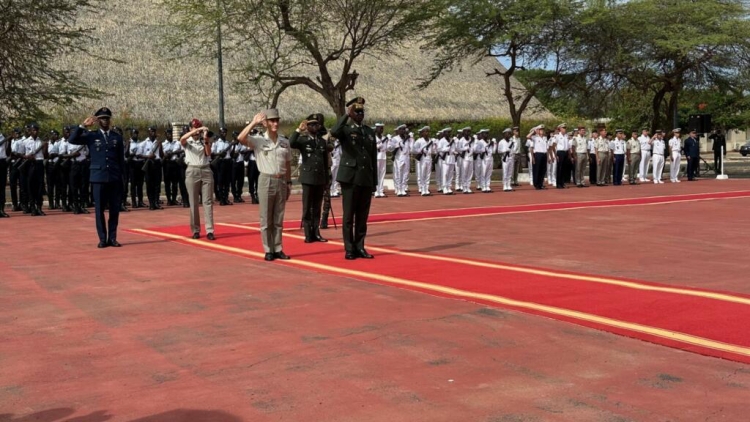Gambiaj.com – (DAKAR, Senegal) – France’s official handover of its last two military installations in Senegal on July 17, 2025, marks a historic turning point—not just for Franco-Senegalese relations, but for the broader trajectory of military cooperation between France and West Africa. After more than six decades of permanent presence, the symbolic lowering of the French flag at Dakar’s Camp Geille and its replacement with Senegal’s national colors signal the end of an era rooted in colonial legacy and post-independence defense agreements.
The departure is not abrupt but the culmination of shifting political realities, changing regional perceptions, and the rise of African sovereigntist discourse.
What once began as a framework for protection and military capacity-building after independence in 1960 has now evolved into a call for strategic realignment on Senegalese—and increasingly African—terms.
A Departure Decades in the Making
The decision to end France’s permanent military footprint in Senegal did not emerge in a vacuum. It followed years of renegotiation and progressive drawdowns.
In 2011, France redefined its mission in Senegal, pivoting from direct defense responsibilities to a focus on joint training and capacity-building through the “Éléments français au Sénégal.” By early 2023, France had begun reducing its military personnel and preparing for full withdrawal.
Yet the final push came with the 2024 electoral victory of the Pastef party, which had long advocated for the removal of foreign bases.
President Bassirou Diomaye Faye’s formal request in December 2025 to close all foreign military bases in Senegal crystallized a demand that had been growing across civil society and political opposition—particularly among the Senegalese left—for decades.
The result was a “peaceful and constructive” dialogue between Dakar and Paris, beginning in 2022, which culminated in a jointly agreed timeline for base handovers, starting in March 2025 and concluding this week.
Sovereignty Over Symbolism
The symbolic weight of the transition cannot be overstated. Camp Geille—five hectares in the heart of Dakar’s Ouakam district—had for decades housed hundreds of French troops and their families. That land now returns fully to Senegalese control.
The ceremony was marked by a highly choreographed handover: the raising of Senegal’s flag in place of France’s and the formal exchange of keys between the French and Senegalese chiefs of staff.
“This is an important turning point in our long and rich history of cooperation,” said Senegalese Army Chief of Staff General Mbaye Cissé. He underscored a new defense doctrine—one rooted in national sovereignty, not foreign presence.
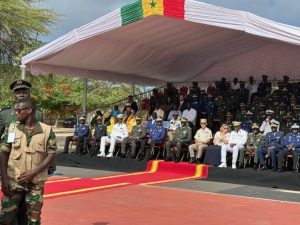
French General Pascal Ianni, commander of French forces in Africa, echoed the sentiment, framing the departure as a “necessary change” and a call to “reinvent partnerships.” “We don’t need permanent bases to cooperate effectively,” he stated, alluding to a broader rethinking of France’s military posture on the continent.
The End of a Colonial Continuum?
The roots of French military presence in Senegal date back to the 19th century, making this handover historically resonant. As historian Mor Ndao of Cheikh Anta Diop University put it, “These forces have been a fixture in Senegal since the colonial period. That their presence is now being questioned is deeply symbolic—it marks a major chapter in the history of military cooperation between France and Senegal.”
Indeed, the closure of French bases in Senegal follows similar withdrawals from Chad in January 2025 and Côte d’Ivoire in February.
For France, this marks a wider strategic retreat from its traditional military strongholds in Francophone West Africa—an acknowledgment of growing anti-French sentiment, perceived neocolonial dynamics, and the rise of nationalist movements.
A New Model of Military Cooperation
Despite the withdrawal, neither side views this as a severing of ties. Both French and Senegalese officials stress that military cooperation will continue, albeit on a reconfigured, non-permanent basis.
Future training missions will be dispatched from France as needed, rather than being based in-country. Key focus areas include maritime security and cybersecurity—sectors aligned with evolving security threats.
This model reflects France’s broader recalibration of its Africa policy: replacing permanent presence with “strategic agility.” For Senegal, it marks a maturing assertion of defense autonomy while keeping doors open for pragmatic cooperation.
The Regional Implications
France’s exit from Senegal represents more than a bilateral adjustment—it sends a signal to the entire West African region. At a time when regional powers like Mali, Burkina Faso, and Niger have severed or redefined military ties with Western powers, Senegal’s diplomatic and orderly transition may serve as a template for countries seeking both sovereignty and stability.
It also raises questions about what comes next: Will France’s remaining footholds in Libreville and Djibouti endure? Can a model of flexible, invitation-based military partnerships succeed where permanent bases no longer carry legitimacy?
One thing is clear: the age of unquestioned military presence by former colonial powers in West Africa is drawing to a close. And Senegal, long a strategic partner, is now signaling that cooperation must rest not on geography or history, but on mutual respect and sovereign consent.



